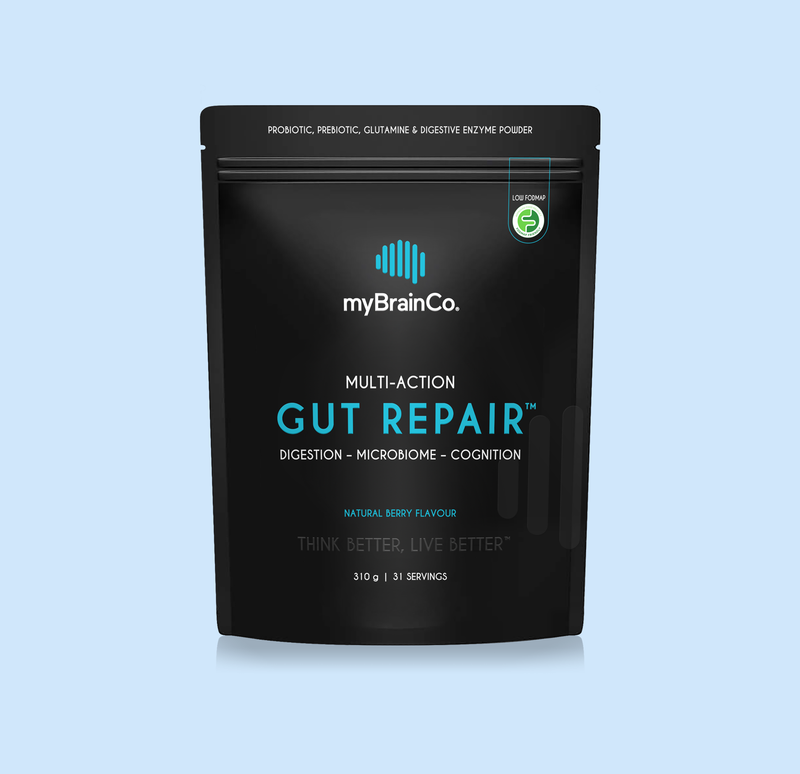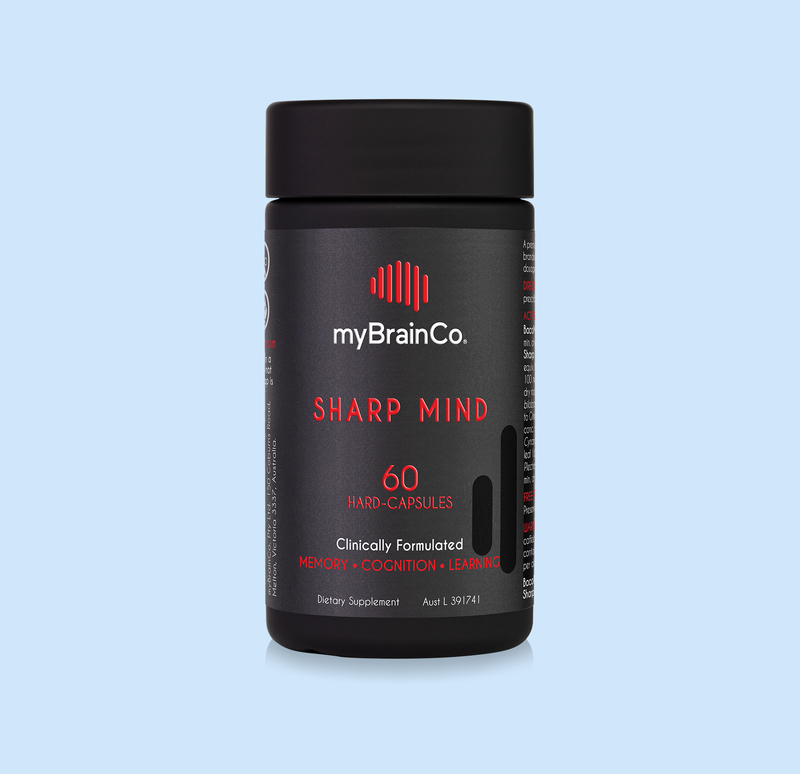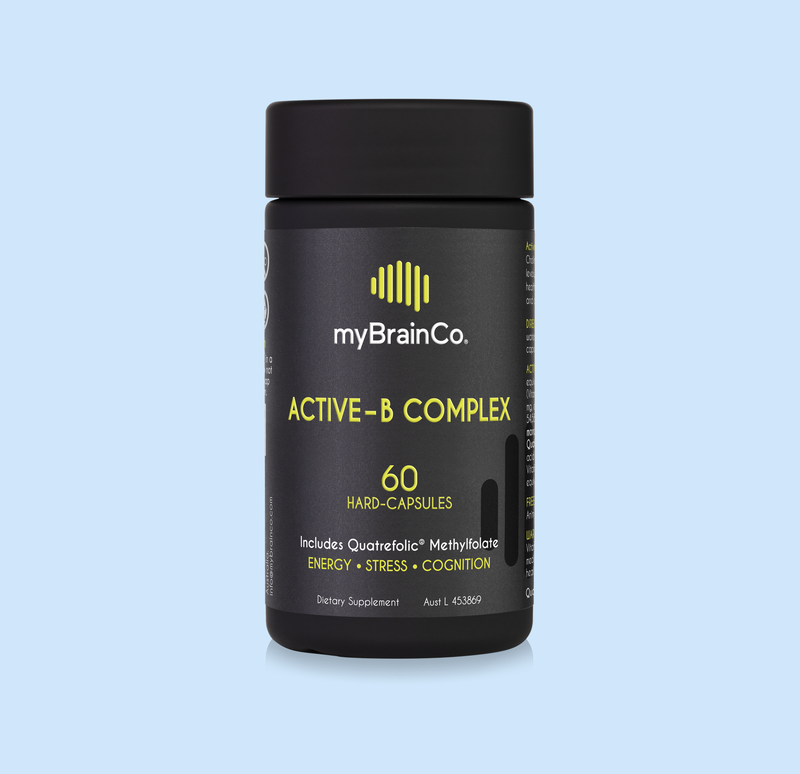Your gut, primarily the intestines, is home to tens of trillions of bacteria. Don’t panic: that’s a good thing! This diverse community of helpful gut microbiota is critical to your health. It supports your immune system, digestion, and brain health.
Unfortunately, your gut microbiome can become compromised with an imbalance of bad bacteria, which are equally effective at suppressing healthy functions. Harmful gut bacteria can result in a spectrum of symptoms, from frequent but unwanted bouts of upset stomach and gas to more challenging gastrointestinal disorders, including chronic constipation, irritable bowel syndrome (IBS), and even brain and emotional disorders such as dementia and anxiety.
If you’re wondering how to improve your gut health, clinical research points to several successful interventions. We explore three methods to help restore your gut health so you can maintain the best quality of life.
Recognising The Symptoms Of Poor Gut Health
Improving your gut health begins with understanding when there might be a problem. Poor gut health can sometimes be challenging to recognise and often dismissed as merely the common toils of a busy modern lifestyle, or changes associated with natural ageing.
All the following are common signs of poor gut health:
- Changes in appetite or fluctuations in eating habits
- Emergent food allergies or sensitivities
- Chronic upset stomach, diarrhoea, bloating, gas and heartburn
- Unintentional or unexplained weight fluctuations
- Periodic skin irritation, eczema or rosacea
- Poor sleep and chronic fatigue related to the quality of sleep
- Constant or regular colds or flu that are difficult to shake
Each of these is a warning sign that you may need to consider your gut health to enjoy better overall health and quality of life. Now that you know how an unhealthy gut behaves, here are three solutions to improve your gut health.
How to Improve Gut Health
1. Pamper Your Gut Microbiome with a Quality Diet
The following items should be eliminated from your diet as much as possible, in order to support optimal gut health:
- Gluten
- Sugar and added sweeteners
- Fried and overly processed foods
- Pre-packaged foods
- Red meat
- Saturated and trans-fats
- Alcohol
- Food additives
These foods can disrupt your gut microbiome, negatively impacting good bacteria and nourishing bad bacteria, while also leading to uncomfortable inflammation. One commonality is that these are found mainly in pre-packaged and processed foods.
If you want to improve your gut health, look to the following to provide the foundation of your diet:
- Fermented foods
- High fibre foods
- Polyphenol-rich vegetables, nuts, and fruits
- Apples, garlic, onions, Jerusalem artichokes, and leeks
- Tryptophan-rich dairy items
- Salmon, herring, cod, oysters, and sardines rich in omega-3 fats
These are all foods that are rich in vitamins and nutrients known to help increase and sustain good gut bacteria, including natural prebiotics, probiotics, and amino acid compounds.
2. Support Good Bacteria with Targeted Gut Healing Ingredients
Supplements formulated specifically to support a healthy gut microbiome are a critical part of any strategy to optimise gut health. Gut healing products contain specialised nutrients and natural compounds that promote good bacteria growth, prevent the development of bad bacteria, and soothe gut inflammation and irritation. They can perform the roles of both prevention and acute management to deliver a safe, natural, and comprehensive gut health solution.
Look for products that offer a comprehensive profile of gut health benefits, from helping repair a leaky gut, to supporting a healthy gut microbiome, and even assisting with healthy digestion and nutrient absorption. A high efficacy product will contain therapeutic research-backed ingredients, including:
- L-glutamine, an amino acid that protects the structural integrity of the gut lining, reduces permeability and inflammation, and helps heal a leaky gut.
- Saccharomyces boulardii (SB), a non-pathogenic, non-colonising, and shelf-stable probiotic yeast, clinically shown to help neutralise bacterial toxins, increase short-chain fatty acids, and improve gut barrier function.
- Bacillus coagulans, a well researched spore forming probiotic, that has demonstrated clinical efficacy in the management of IBS symptoms, while also being a potent immune stimulator with a long history of use in Crohn’s and ulcerative colitis.
- Sunfiber® & Fibregum™, premium branded prebiotic fibres, clinically shown to fuel good bacteria growth.
- Marshmallow root and Aloe Vera Leaf inner leaf extracts to help stimulate protective mucus secretion within your gut, soothe gut irritation and inflammation, and protect the integrity of the gut lining.
- Organic green banana resistant starch, a complex carbohydrate prebiotic food that passes through the small intestines to the colon, where it ferments and feeds friendly bacteria.
- Natural digestive enzymes, including protease, amylase, lipase, cellulase, and lactase. Each enzyme assists with the digestion of specific molecules.
- Organic Ceylon cinnamon, which has been clinically shown to assist with Type 2 diabetes, metabolic syndrome, and non-alcoholic fatty liver disease. Cinnamon also supports a healthy gut microbiome.
3. Manage Your Lifestyle
Lifestyle choices you make have a critical impact on the ability of your gut to create a healthy and happy home for good bacteria. Some of these choices include:
- DON’T smoke, which can contribute to gut inflammation, heartburn and reflux
- DO stay active, as regular exercise can improve and balance gut microbiota
- DON’T eat quickly, which can hinder proper digestion and decrease the rate of nutrient absorption
- DO stay hydrated, water can have a beneficial effect on the health of the intestinal lining and helps good bacteria thrive
- DON’T miss out on sleep, which can impact body rhythms that help maintain proper gut health
- DO reduce stress as much as possible with practices like meditation, yoga, and mindfulness, as stress can wreak havoc on the health of your digestive system and impact overall wellbeing
Lifestyle choices really matter when it comes to impacting your gut health, make the correct decisions, and you will feel better for it!
The Bottom Line
We are only now discovering the full complexity of our gut and the extent to which it contributes to overall health and wellbeing. A healthy gut is vital for optimal immune, heart, and brain health, with growing research around its importance to mood balance and sleep quality. Supporting the health of your gut is a critical element to achieving better overall health – don’t overlook this potent source for wellness and happiness in your life.



